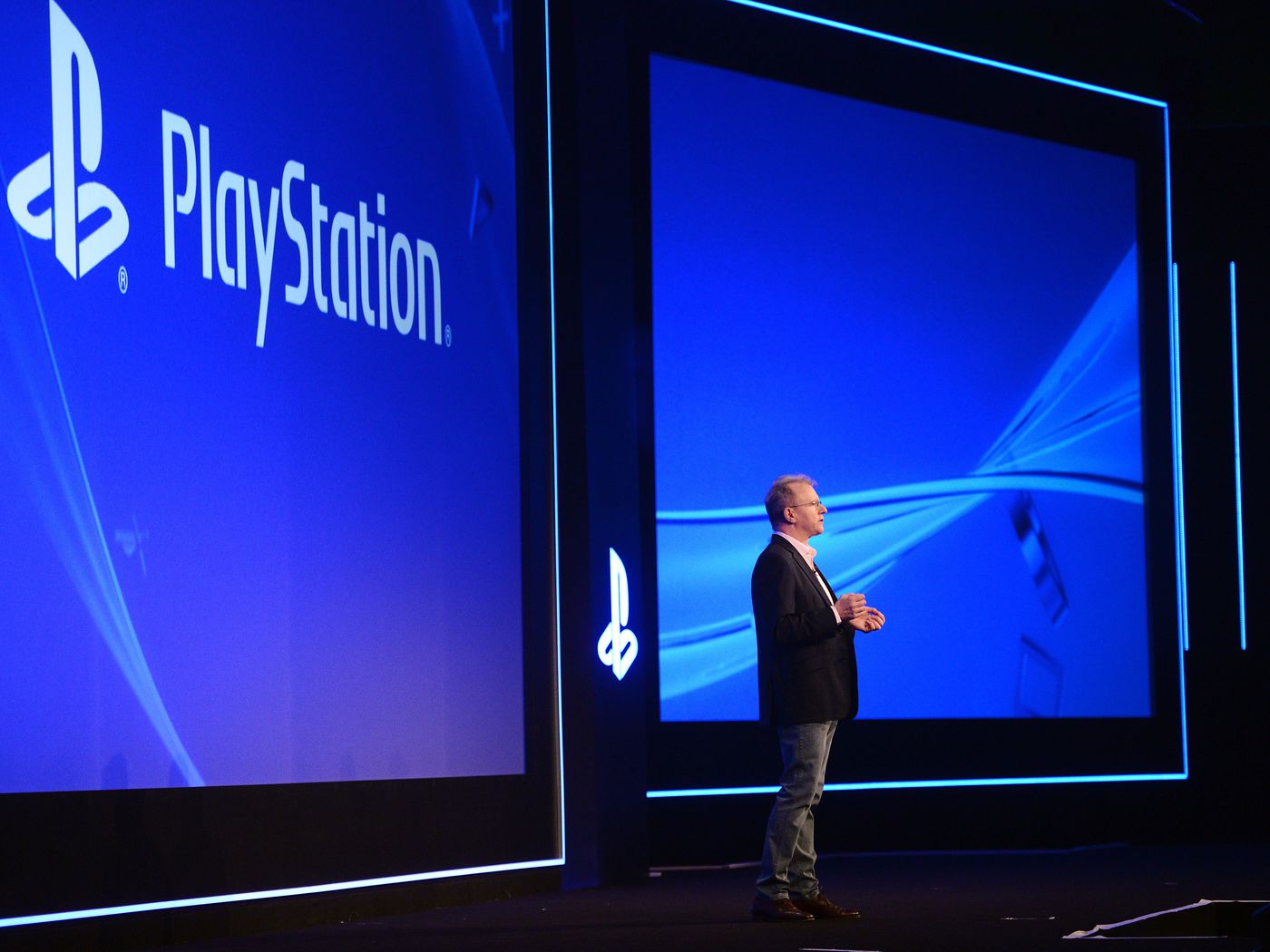Emma Majo – former PlayStation IT security analyst – has filed a lawsuit against the company in a California court, alleging gender discrimination and wrongful termination. This is more bad news for an industry that is already under fire for this very issue. Companies like Ubisoft and Activision are dealing with similar accusations.

In the lawsuit (filed 22nd November), Majo alleges that Sony “willingly violated” labour laws by “intentionally, knowingly, and/or deliberately paying women less than men for substantially equal or similar work”. It goes on to claim that female staff at PlayStation “were not compensated equally to male employees” who were similarly employed, “held back to lower pay levels,” and were “denied promotions.” In addition, the suit asserts that “discriminatory employment practices, policies, and procedures are centrally established and implemented at the highest levels of Sony”.
Gender Bias
It goes on to allege that Sony has managers who will “not be alone in a room with a female with the door closed,” and that Yu Sugita, the security director, “would only speak to the male colleague” if female employees were also in the room, and would not respond to requests from female staff while responding to “virtually identical” ones from their male counterparts. Majo also claims that she “often” asked managers what she could do to get promoted during her time at Sony, but “could never get an answer.” She also claims that not only were these requests rebuffed but as a result, she was “effectively demoted,” told to report to a manager below the VP where her male colleagues reported directly to the VP.
In addition, Majo goes on to contend that she “personally heard managers make gender-biased comments about female co-workers,” citing an occasion where a female worker with a personal issue was described as “not performing well because she has a lot going on at home”, which Majo argues “construes women as more emotional and less professional than male colleagues”. Other alleged examples of gender discrimination highlighted in the lawsuit include suggestions Sony has “separate processes for men vs women” because the number of men promoted ‘out of cycle’ is “notable”, and that “HR creates resistance when women try to get promoted”.
The Signed Statement
In 2021, Majo submitted a signed statement detailing the above accusations, and “soon after…received a letter that she was being terminated.” Sony is said to have told her that her termination was to do with the elimination of a department within the company (a redundancy) but Majo has countered that she was not even a member of the department being dissolved. Majo “was not promoted, and she was demoted, because of gender bias, because she is female, and because she spoke up about gender bias.”
Majo is requesting court approval to expand the lawsuit into a class action on behalf of all women who’ve worked for SIE in California over the past four years, arguing “as a result of Sony’s conduct…[the plaintiff] and all nationwide class members have suffered and continue to suffer harm, including but not limited to lost earnings, lost benefits, and other financial loss, as well as humiliation, embarrassment, emotional, and physical distress, and mental anguish”. The lawsuit is seeking “general compensatory damages in amounts to be proven at trial”.
A Symptom of a Wider Problem

This suit comes at a time when the video game industry at large is facing a larger reckoning with bias, discrimination and harassment in the workplace. Companies like Ubisoft and Riot have been forced to acknowledge the toxic conditions faced by female employees. Perhaps most notably this year another suit was filed against Activision Blizzard detailing numerous accounts of female employees allegedly being sexually harassed, assaulted and psychologically traumatised – with evidence to suggest that those at the very top were aware of, and worse, defended this behaviour. Activision Blizzard workers staged a walk-out last week after another report of CEO Bobby Kotick’s knowledge of and alleged interference in sexual harassment cases at the company.
These are not the only problems that have been well documented in the past with the industry. Numerous companies have been accused of mistreating workers and forcing them to work ungodly hours on games, especially in the lead up to deadlines and launches. This has been a long time coming, and hopefully, cases like Majo’s will motivate some significant and lasting change in the industry.
Subscribe to FIB’s Weekly Breaking News Report for your weekly dose of music, fashion and pop culture news!







